Can compost be used as mulch?
amna
9 years ago
Related Stories
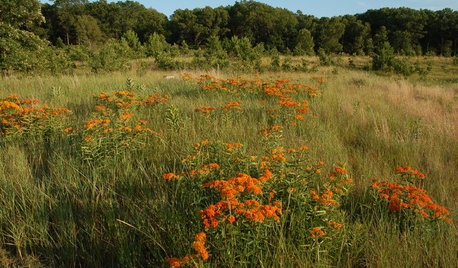
GARDENING GUIDESThe Art of Green Mulch
You can design a natural garden that doesn’t rely on covering your soil with wood and bark mulch
Full Story
GARDENING GUIDESNew Ways to Think About All That Mulch in the Garden
Before you go making a mountain out of a mulch hill, learn the facts about what your plants and soil really want
Full Story
GARDENING GUIDESHow to Pick a Mulch — and Why Your Soil Wants It
There's more to topdressing than shredded wood. Learn about mulch types, costs and design considerations here
Full Story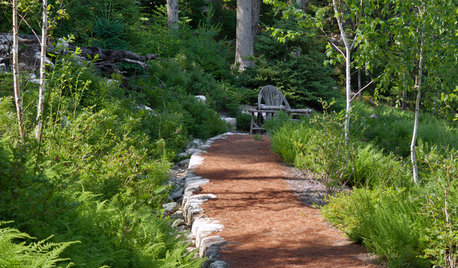
GARDENING GUIDES5 Things to Know About Weeding and Mulching Your Native Garden
What’s the best time to pull weeds? How thick should the mulch be? Here’s the scoop for a healthy landscape
Full Story
GARDENING GUIDESGet on a Composting Kick (Hello, Free Fertilizer!)
Quit shelling out for pricey substitutes that aren’t even as good. Here’s how to give your soil the best while lightening your trash load
Full Story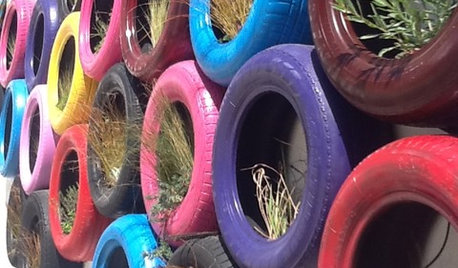
SALVAGECan We Bounce Some Great Recycled-Rubber Ideas Off You?
No need to bemoan that spare tire. Old rubber is getting a guilt-free second life as flooring, pavers, sinks and even furniture
Full Story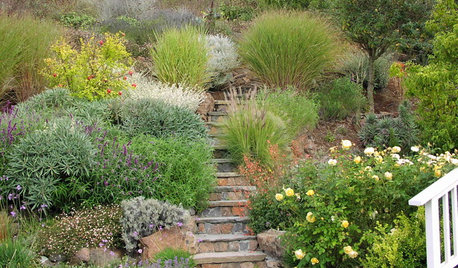
GARDENING GUIDESYes, You Can Grow an Edible Garden on a Hot, Dry Site
Difficult garden spots don’t need to deter you from planting trees, herbs and other delicious food plants
Full Story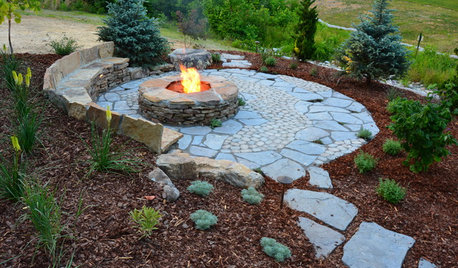
HOLIDAYS10 Ways Your Christmas Tree Can Live On After the Holidays
Learn how to recycle your Christmas tree and reap benefits for the environment
Full Story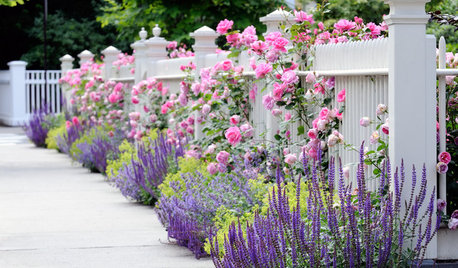
GARDENING GUIDES10 Tips to Start a Garden — Can-Do Ideas for Beginners
Green up your landscape even if you're short on time, money and knowledge, with these manageable steps for first-time gardeners
Full Story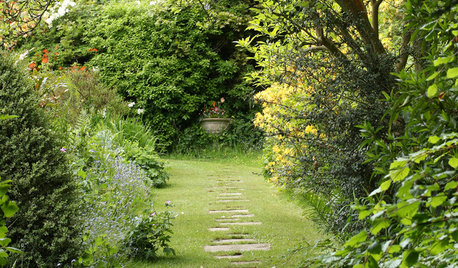
GARDENING GUIDES3 Easy Ways You Can Garden for Nature
Your choice of plants can help wildlife while cleaning the air and water
Full StoryMore Discussions






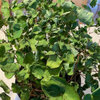


User
mnwsgal
Related Professionals
Canton Landscape Architects & Landscape Designers · Holly Springs Landscape Architects & Landscape Designers · Arlington Landscape Architects & Landscape Designers · Accokeek Landscape Architects & Landscape Designers · Salem Landscape Architects & Landscape Designers · Clermont Landscape Contractors · Ashburn Landscape Contractors · Broadlands Landscape Contractors · Kahului Landscape Contractors · North Chicago Landscape Contractors · Pompano Beach Landscape Contractors · Seymour Landscape Contractors · Wareham Landscape Contractors · Westford Landscape Contractors · Four Corners Landscape Contractorsken_adrian Adrian MI cold Z5
aachenelf z5 Mpls
amnaOriginal Author
mad_gallica (z5 Eastern NY)
jadeite
grandmamaloy
prairiemoon2 z6b MA
floral_uk z.8/9 SW UK
moliep
Marie Tulin
cold_weather_is_evil
amnaOriginal Author
cecily
ryseryse_2004
calistoga_al ca 15 usda 9
gardengal48 (PNW Z8/9)